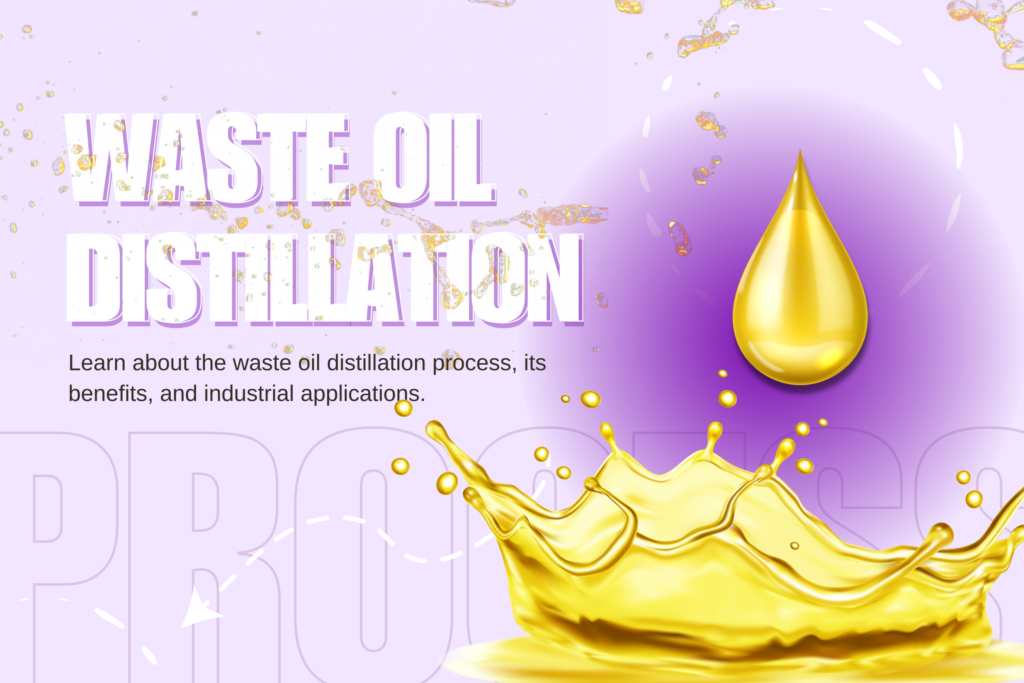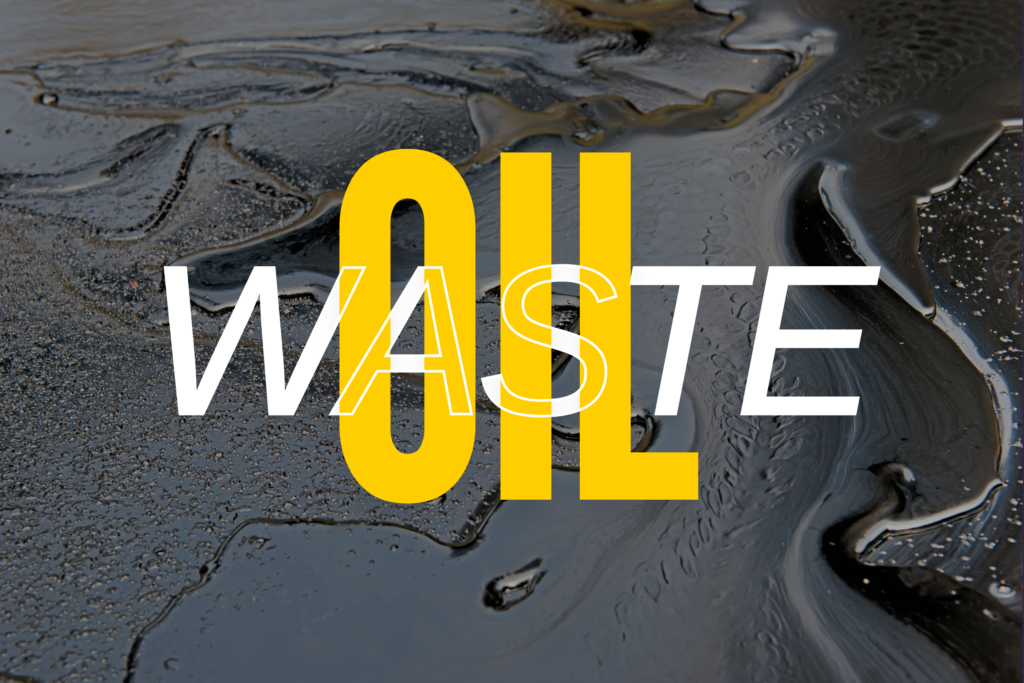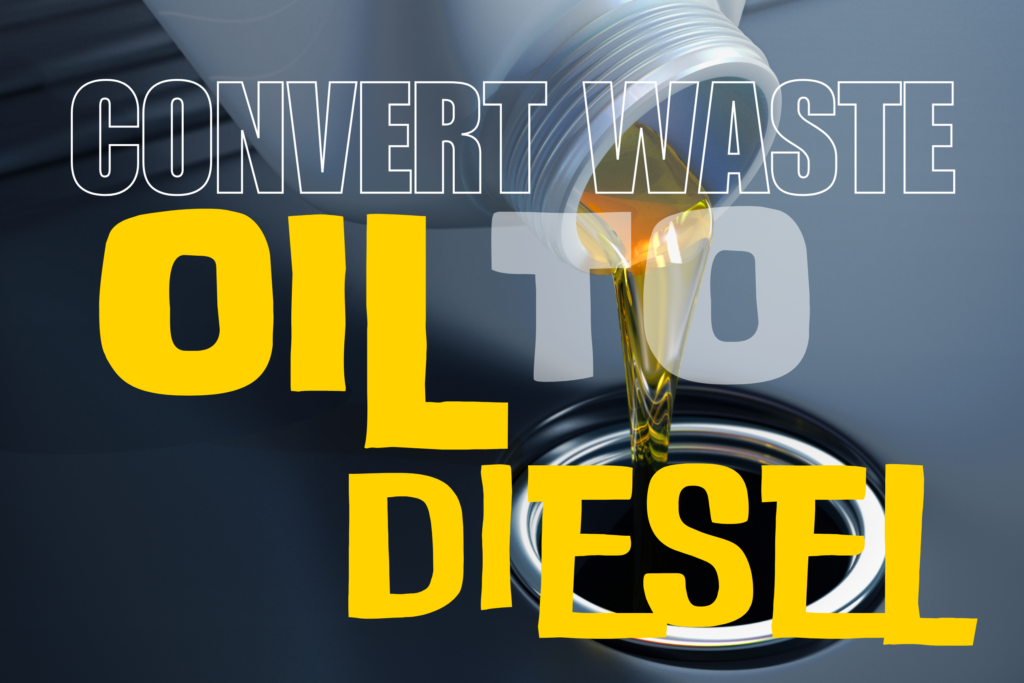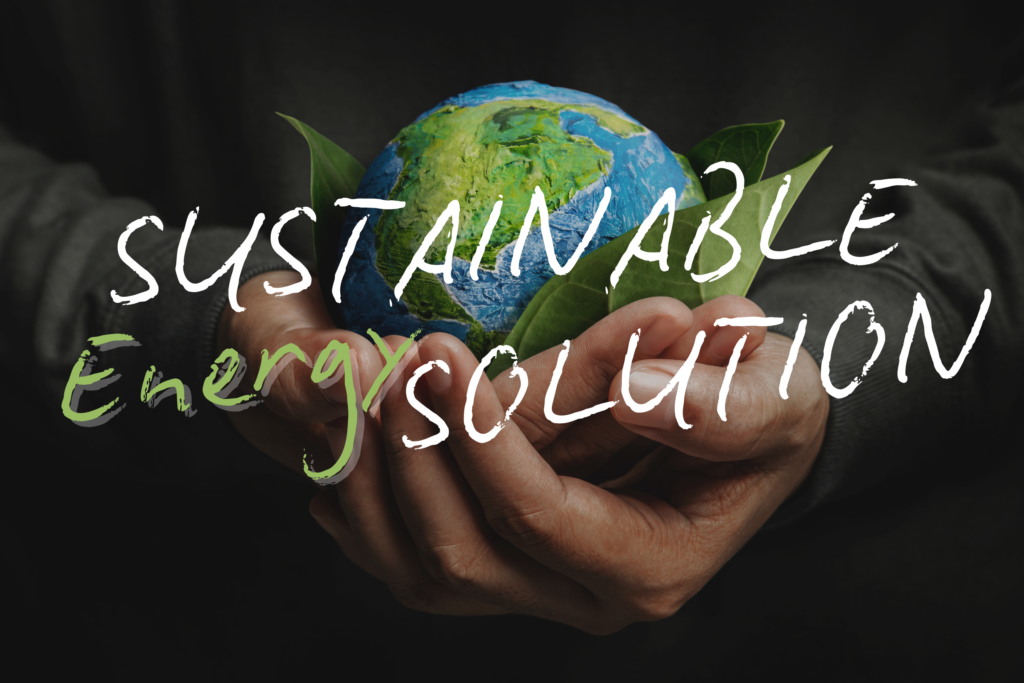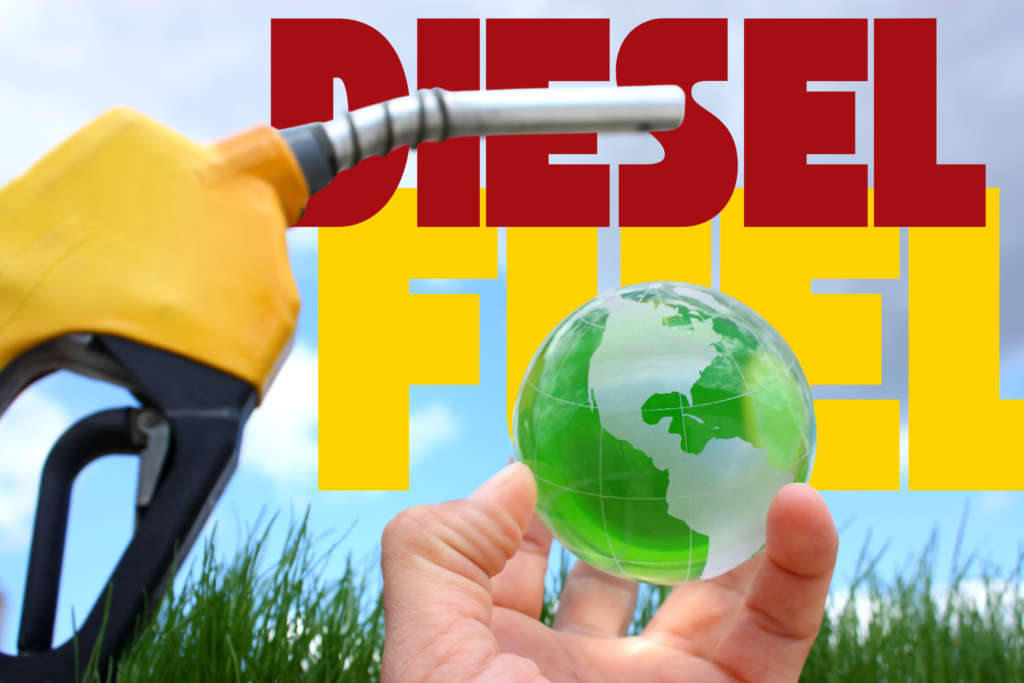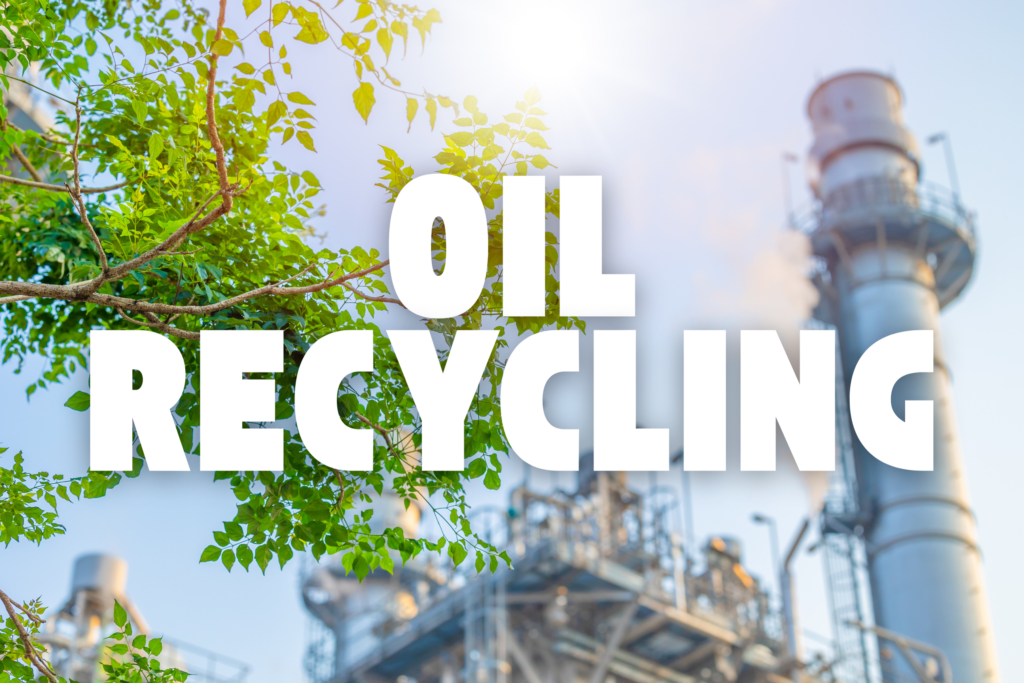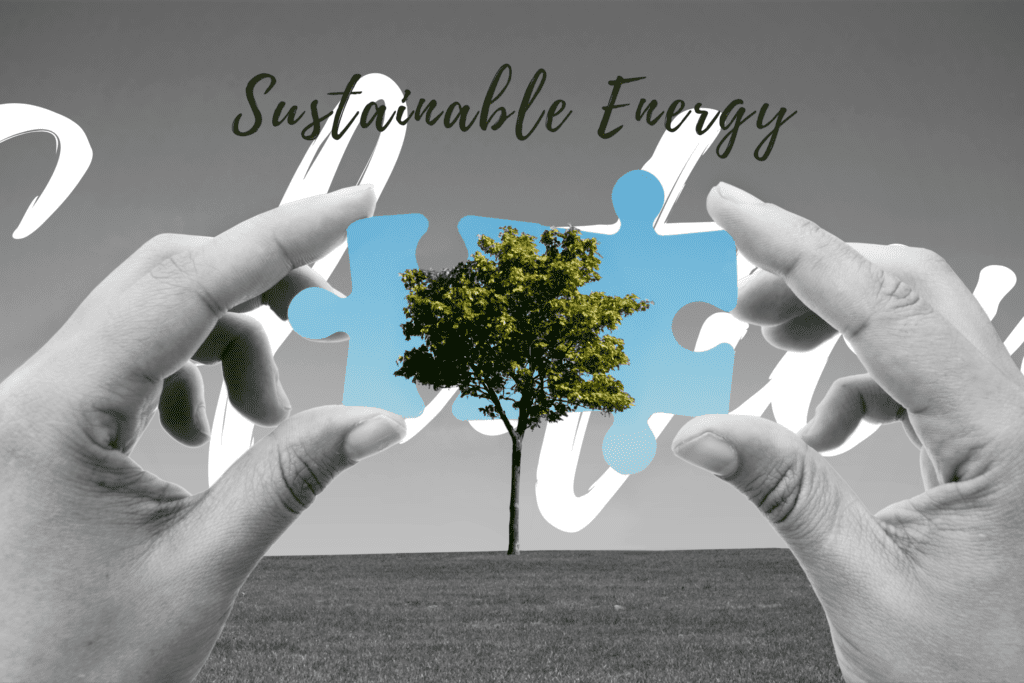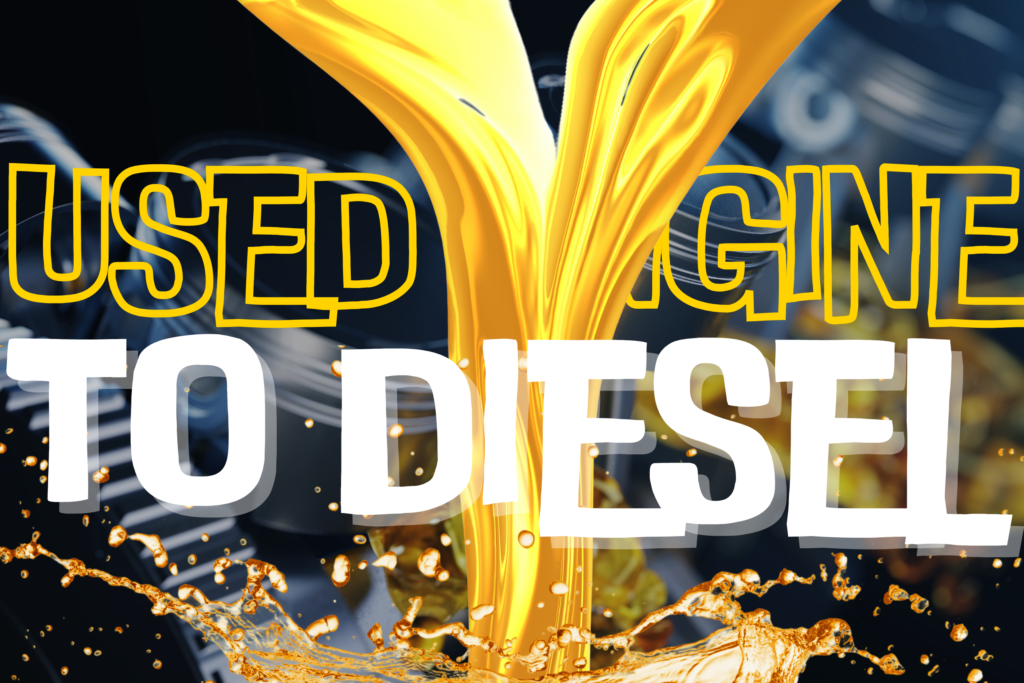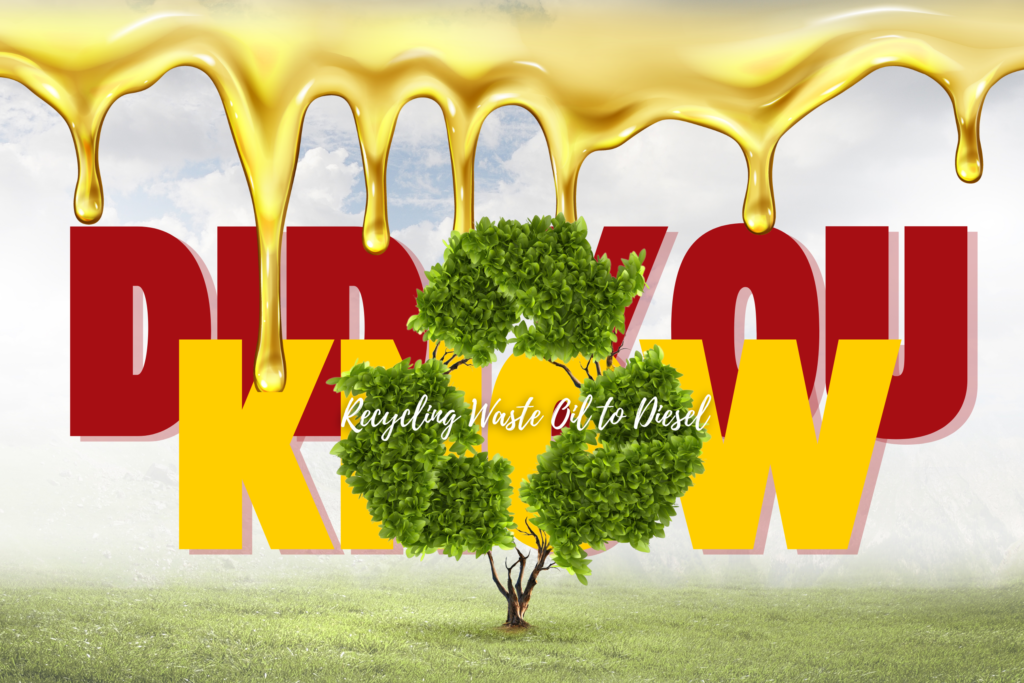Waste Oil Distillation Process: A Detailed Overview
Waste Oil Distillation Process Introduction: Environmental pollution and fossil fuel depletion are emerging concerns today. Recycling and re-refining of waste oil has become the necessity of the times. One of the most efficient ways of converting used lubricants and other waste oils into valuable fuels such as diesel is through the process of waste oil distillation. This process not only minimizes harmful environmental effects, but it also offers a more sustainable substitute to conventional fuels. In this guide, we will further discuss the step-by-step details, benefits, and industrial applications of the waste oil distillation process. What is Waste Oil Distillation? The waste oil distillation process is the thermal treatment technique through which it separates different fractions of hydrocarbons from waste oil. This method depends on controlled heating and condensation, in which fuel component extraction is based on the contaminated and used oils to diesel and base oil. Waste oil also has several impurities such as water, sludge, and heavy metals that cannot be reused directly. Through distillation, such impurities are removed, and the waste oil becomes cleaner and more efficient to be used as fuel. Major Steps of Waste Oil Distillation The process of distillation takes different steps during the purification and conversion of waste oil for subsequent fuel use. The major steps are as follows: 1. Pre-Treatment of Waste Oil Before the distillation process, the waste oil is pre-treated, which includes: Filtration: Removal of large solid impurities. Dehydration: Removal of water content by heating. Chemical Treatment: Additives are used to break down unwanted compounds. 2. Heating and Distillation The treated waste oil is heated in a distillation unit at temperatures ranging from 300°C to 400°C. The process involves the following steps: The oil is vaporized in a distillation column. Different hydrocarbon fractions are separated according to their boiling points. Diesel and other valuable fractions are condensed and collected. 3. Fractional Separation Condensed vapors are passed through a fractional distillation system. Thus, following separation is produced. Light fractions (fuel like gasoline) Medium fractions (diesel fuel) Heavy fractions (Base oils and lubricants) 4. Refining and Purification Distilled products often further refined for better quality. Hence, processes include:- Clay polishing: Impurities remaining are removed. Hydrotreating: Fuel stability and performance can be improved. Blending: Additives may mix to improve the fuel properties. Advantages of the Waste Oil Distillation Process The waste oil distillation process has various environmental and economic advantages: 1. Environmental Benefits Reduces Waste Pollution: Prevents illegal dumping and contamination of soil and water. Decreases Greenhouse Gas Emissions: Producing diesel from waste oil emits fewer pollutants than crude oil refining. Encourages Sustainable Energy Use: Reduces reliance on fossil fuel extraction. 2. Economic Benefits Cost-Effective Fuel Production: An alternative to expensive diesel. Waste Oil Monetization: Industries can generate revenue by selling distilled diesel. Job Generation: It supports employment in collecting, processing, and distributing waste oil as fuel. Industrial Uses of Distilled Waste Oil The distilled products from the waste oil distillation process find various industrial uses such as: Transportation Sector: It can be used as an alternative for diesel in automobiles. Industrial Machines: It is used in boilers, generators, and other heavy machines. Agriculture: It can power farming equipment such as tractors and irrigation pumps. Marine Industry: Provides fuel for ships and boats. Challenges in the Waste Oil Distillation Process Despite its advantages, the waste oil distillation process faces several challenges: High Initial Investment: Setting up a distillation plant requires significant capital. Strict Environmental Regulations: Compliance with waste management laws is necessary Technical Expertise: Skilled personnel are needed to operate distillation units efficiently. Conclusion The waste oil distillation process is a new and innovative process of converting waste lubricants and used oil into quality diesel. It is considered a very essential means of eliminating pollution in the environment, encouraging sustainable energy production, and creating employment. As companies are embracing this technology, so also is the need for dependable and efficient machines that can handle the waste oil distillation process. Veera Group is a company at the helm of this business. They provide waste oil for diesel machines nationwide, assisting firms in using alternative, greener fuels. This kind of technology will aid and beyond the industry in reaching a more efficient and cleaner future.

